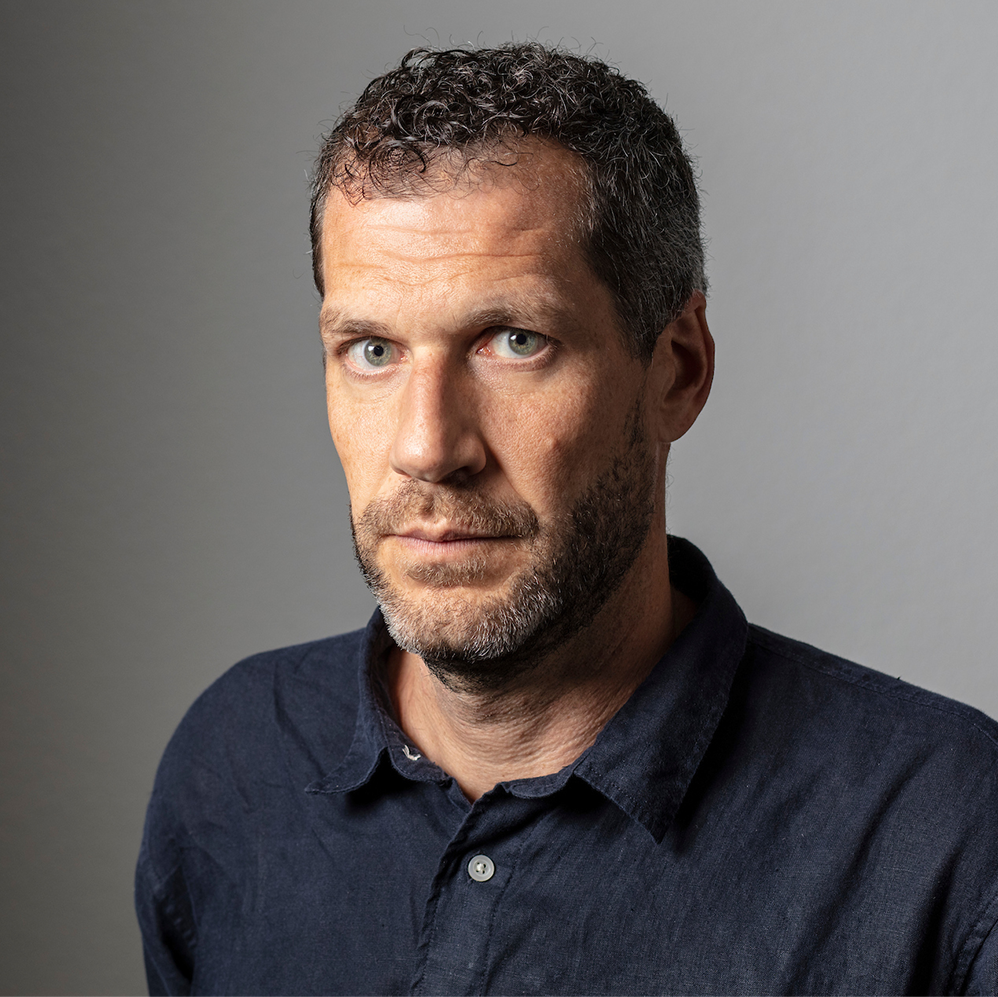深刻な労働力不足に悩むスイス、打開策は?
-
EnglishenHow should we tackle the shortage of skilled workers in Switzerland?もっと読む How should we tackle the shortage of skilled workers in Switzerland?
-
DeutschdeWie kann der Mangel an qualifizierten Arbeitskräften behoben werden?もっと読む Wie kann der Mangel an qualifizierten Arbeitskräften behoben werden?
-
FrançaisfrQuelles solutions faut-il privilégier pour remédier au manque de main-d’œuvre qualifiée? 原文もっと読む Quelles solutions faut-il privilégier pour remédier au manque de main-d’œuvre qualifiée?
-
ItalianoitQuali soluzioni sarebbero le più adeguate per rimediare alla carenza di manodopera qualificata?もっと読む Quali soluzioni sarebbero le più adeguate per rimediare alla carenza di manodopera qualificata?
-
Españoles¿Cuál es la mejor forma de abordar la escasez de mano de obra cualificada?もっと読む ¿Cuál es la mejor forma de abordar la escasez de mano de obra cualificada?
-
العربيةarكيف يمكن معالجة النقص في العمالة الماهرة في سويسرا؟もっと読む كيف يمكن معالجة النقص في العمالة الماهرة في سويسرا؟
-
РусскийruКак Швейцария могла бы решить проблему нехватки трудовых кадровもっと読む Как Швейцария могла бы решить проблему нехватки трудовых кадров
他の多くの国々と同様、スイスも労働力不足に悩んでいます。スイスで今年1~3月に登録された求人数は10万人を超え、過去最多を記録しました。特に人材が求められているのは高度な資格を必要とする職です。
この問題を解決するために、何ができるのでしょうか?また、みなさんの会社や仕事の分野は、人手不足の影響を受けていますか?ご意見をお待ちしています。























この記事にコメントする